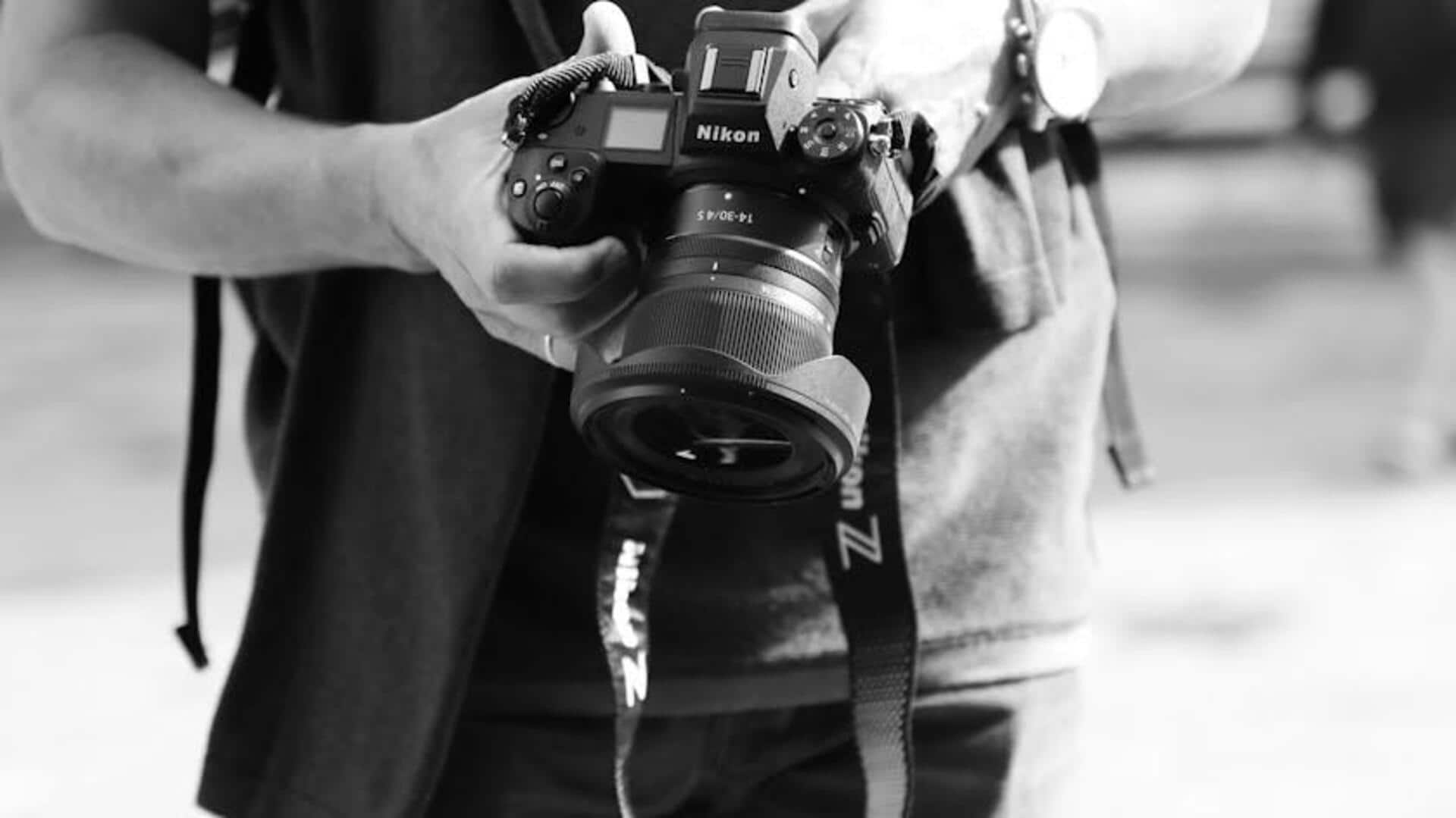
Lenses of liberation: African photojournalists documenting change
What's the story
This article highlights the powerful work of African photojournalists who are documenting the continent's changing landscapes, societies, and cultures. Through their lenses, they bear witness to pivotal moments of transformation, providing a unique perspective on Africa's progress. Their work not only educates global audiences but also challenges stereotypes and reshapes narratives about Africa.
Transformation
Capturing societal transformations
African photojournalists are the unsung heroes chronicling the continent's societal changes. From the pulsating mega-cities to rural communities on the cusp of transformation, their lenses capture the continent's heartbeat - stories of resilience, growth, and innovation echoing in every frame. These images etch the narratives of societal evolution into our collective consciousness, serving as mirrors reflecting our shared struggles and triumphs.
Storytelling
The power of visual storytelling
African photojournalists are using the power of visual storytelling to tackle big issues like environmental conservation, education, and health care. Their work breaks down language barriers and builds understanding and empathy across borders. By bringing underreported stories into the global spotlight, they're showing just how much photography matters for raising awareness and driving change in society.
Voices
Amplifying voices through photography
By concentrating on underreported narratives and marginalized communities, African photojournalists are giving a voice to the voiceless. Their powerful images provide a platform for individuals to share their experiences, hardships, and victories with the world. This not only fosters diversity in media representation but also empowers individuals by validating their narratives.
Challenges
Challenges faced by photojournalists
African photojournalists play a vital role in documenting history and shaping narratives, yet they face significant challenges, including resource constraints, censorship, and safety risks, particularly in conflict zones or sensitive areas. These obstacles underscore the urgent need for greater support from local governments and international organizations. Protecting these storytellers is essential to ensuring they can continue their invaluable work without unnecessary risk or hindrance.
Technology
The role of technology in modern photojournalism
Tech has revolutionized photojournalism. African photographers are no longer dependent on slow, traditional platforms to share their work with the world. They are now utilizing the immediacy of social media for instant feedback, community building, and even global collaboration. This digital migration amplifies African photojournalism, making sure the continent's stories are seen and felt by a global audience.